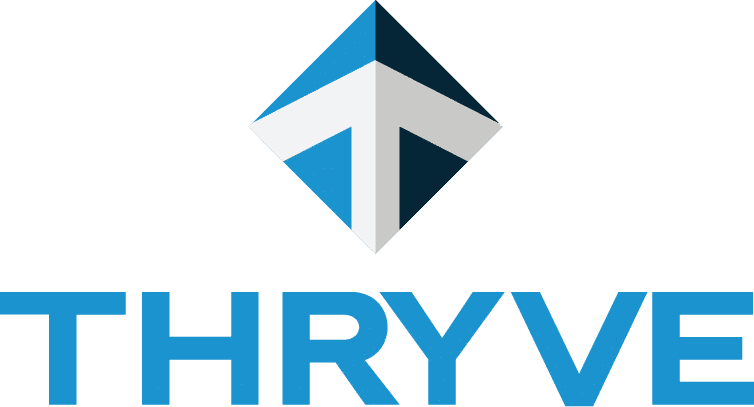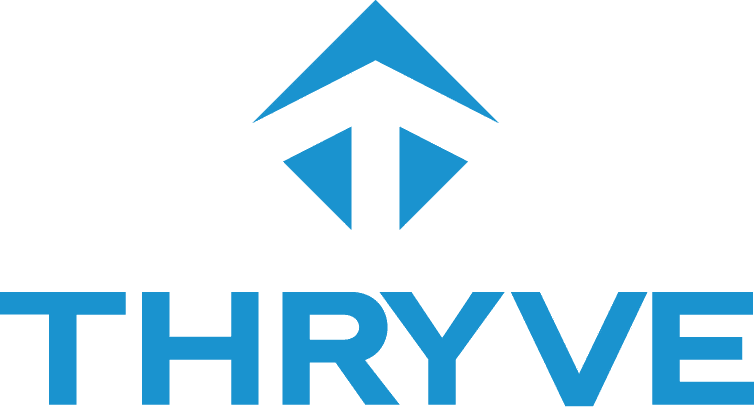The allure of dipping into company funds for personal use can be tempting, especially for small business owners who often juggle multiple financial responsibilities. However, don’t get in the habit of blurring the lines between personal and business finances. This blog will help you understand why it’s crucial to keep these finances separate, the risks involved, and how to manage your company’s funds responsibly.
The Importance of Separating Personal and Business Finances
Every entrepreneur should start their business with a clear understanding of the importance of financial separation. Combining personal and business funds can lead to various complications, such as inaccurate financial records, tax issues and legal complications. More importantly, it can obscure the true financial health of your business.
One of the main reasons to keep finances separate is to maintain accurate bookkeeping. Good bookkeeping allows for a clear view of your business’s profitability and cash flow.
It’s also important to consider the tax implications. In general, personal expenses are not deductible. Mixing personal and business expenses can trigger audits from tax authorities. If the IRS or other tax bodies find discrepancies, you could face penalties, back taxes, and interest charges.
Another critical aspect is legal protection. When you mix personal and business funds, you risk losing the legal protections offered by business structures like corporations or LLCs. This means that in the event of a lawsuit or bankruptcy, your personal assets could be at risk.
If you have equity partners or creditors, misuse of company funds can lead to allegations of fraud, embezzlement, or breach of fiduciary duty. Such legal issues can result in hefty fines, legal fees, and even imprisonment depending on the severity.
Strategies You Can Use
Accounting Best Practices for Small Business Owners
To avoid the risks associated with mixing personal and business funds, small business owners should adhere to accounting best practices. Start by opening a dedicated business bank account. This simple step can make tracking business income and expenses much easier.
Utilize accounting software to keep accurate records of all transactions. Software like QuickBooks or Xero can help automate the process and provide real-time insights into your financial health.
Regularly review your financial statements. Monthly or quarterly reviews can help you spot any irregularities early and take corrective action before minor issues become significant problems.
Setting a Clear Salary and Compensation Structure
One of the most straightforward ways to avoid using company funds for personal expenses is to set a clear compensation structure for yourself. Determine a reasonable salary based on your business’s financial health and industry standards. The cash flow can either come out from the business as a salary or distribution depending on your entity structure.
Having a defined salary ensures you receive a consistent income without jeopardizing your company’s cash flow.
Conclusion
The temptation to use company funds for personal expenses can be strong, but the risks and consequences far outweigh the short-term benefits. Separating personal and business finances is a small step towards success for small business owners.
If you’re looking for bookkeeping service, we can help! Contact us at The Thryve Group.

